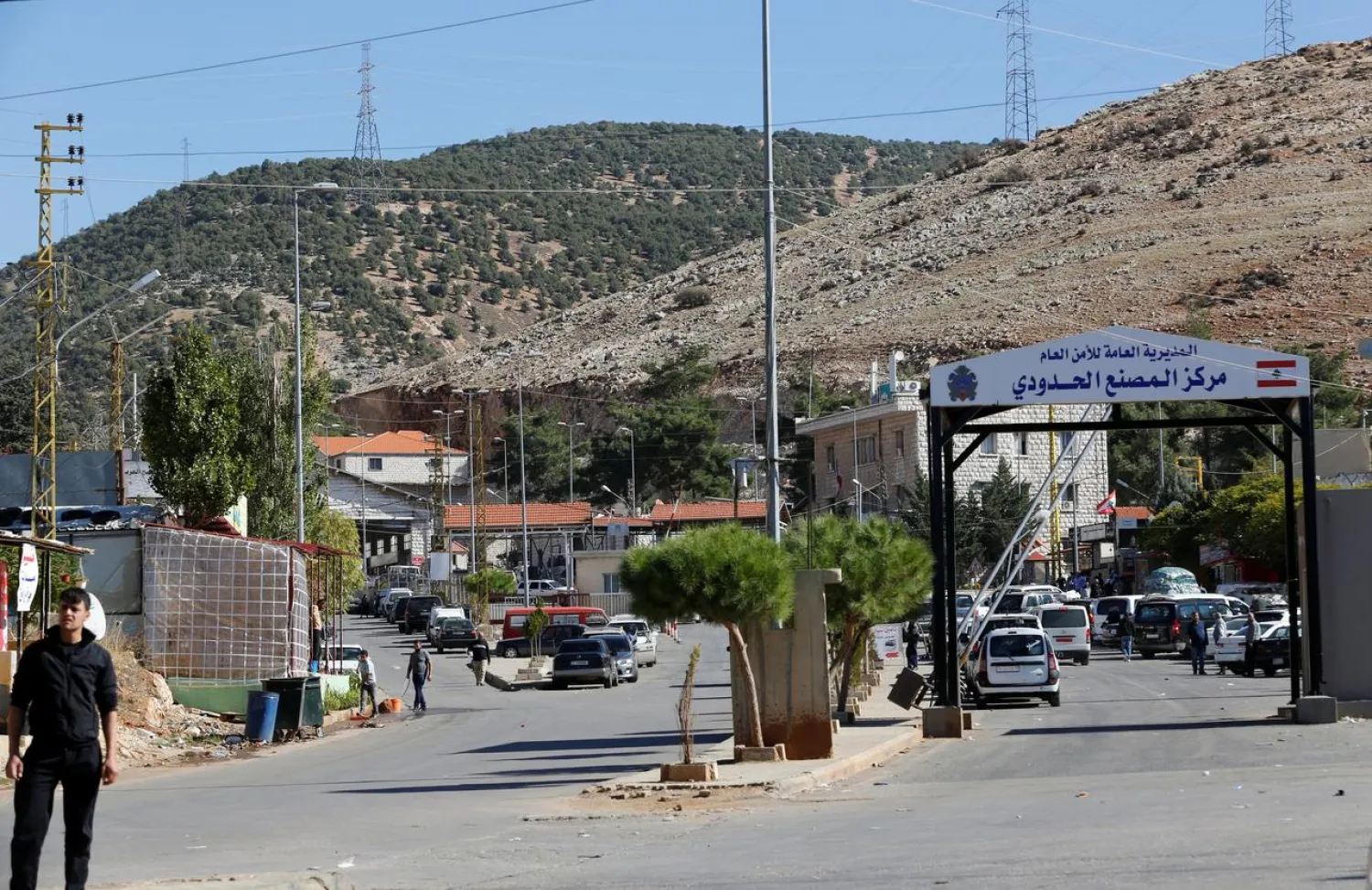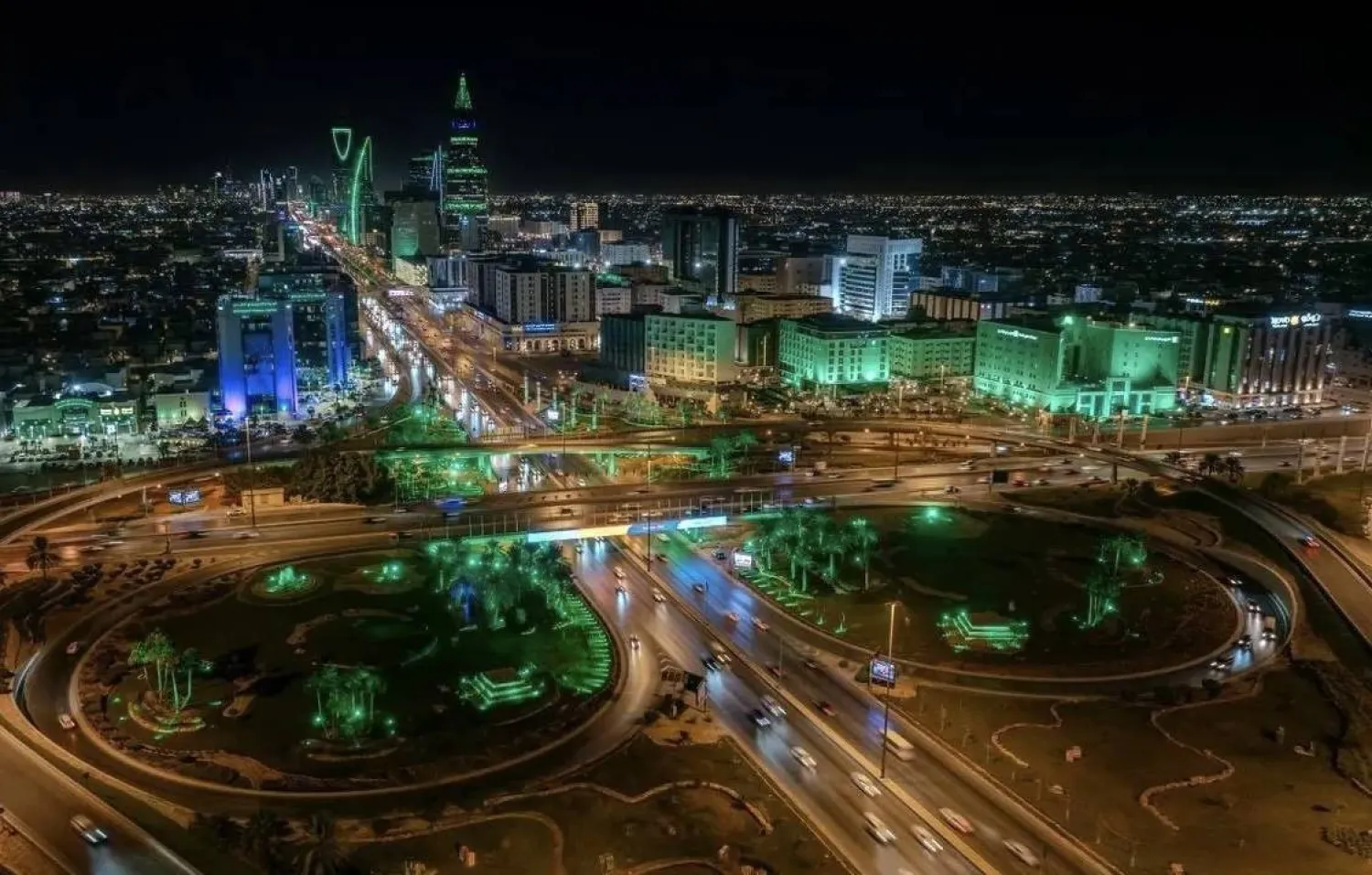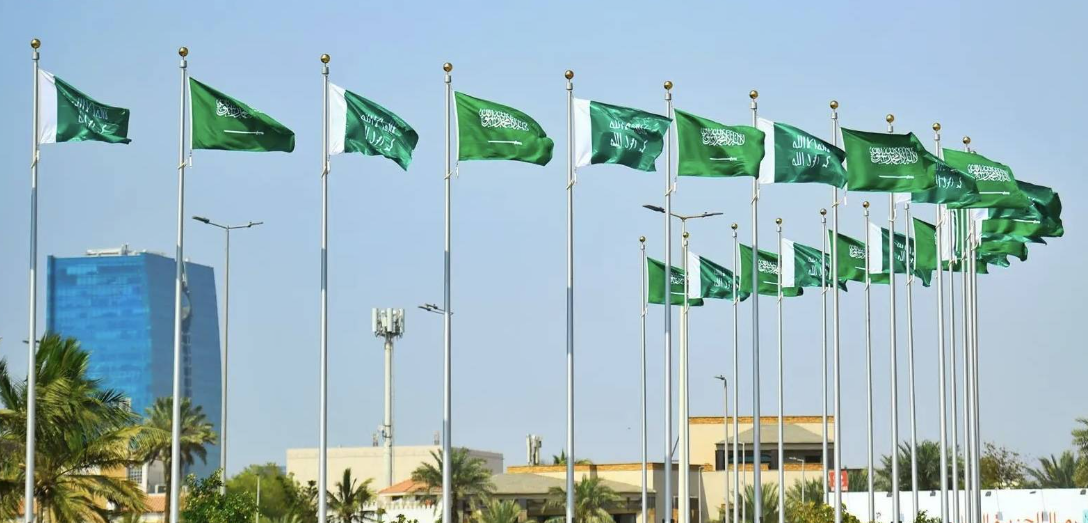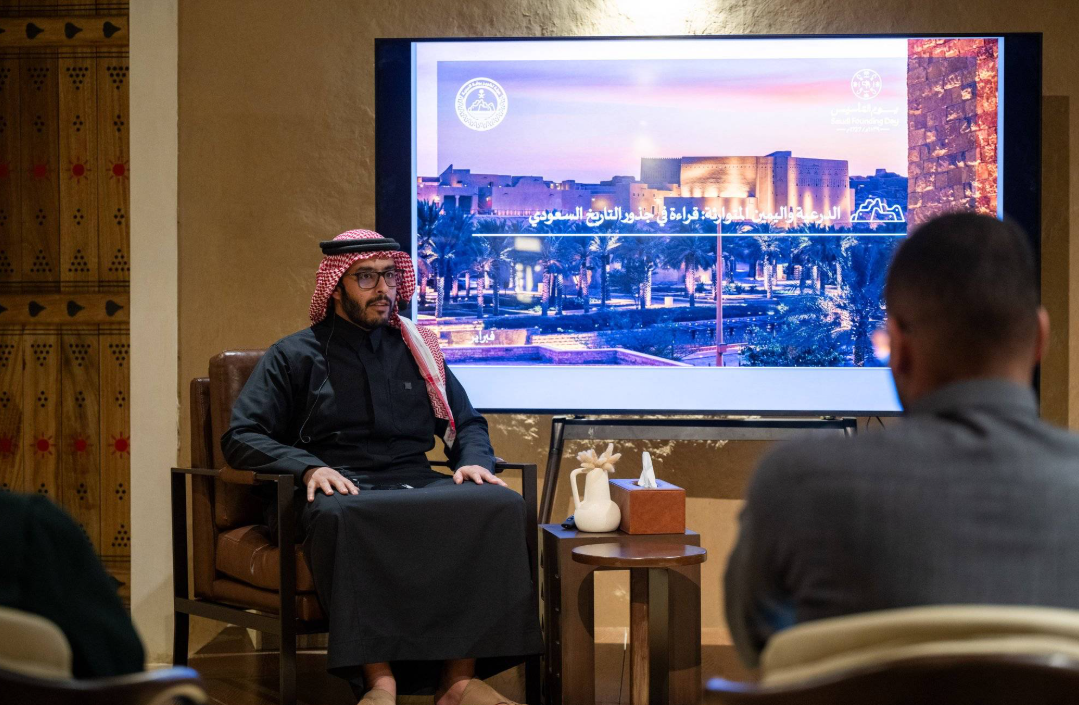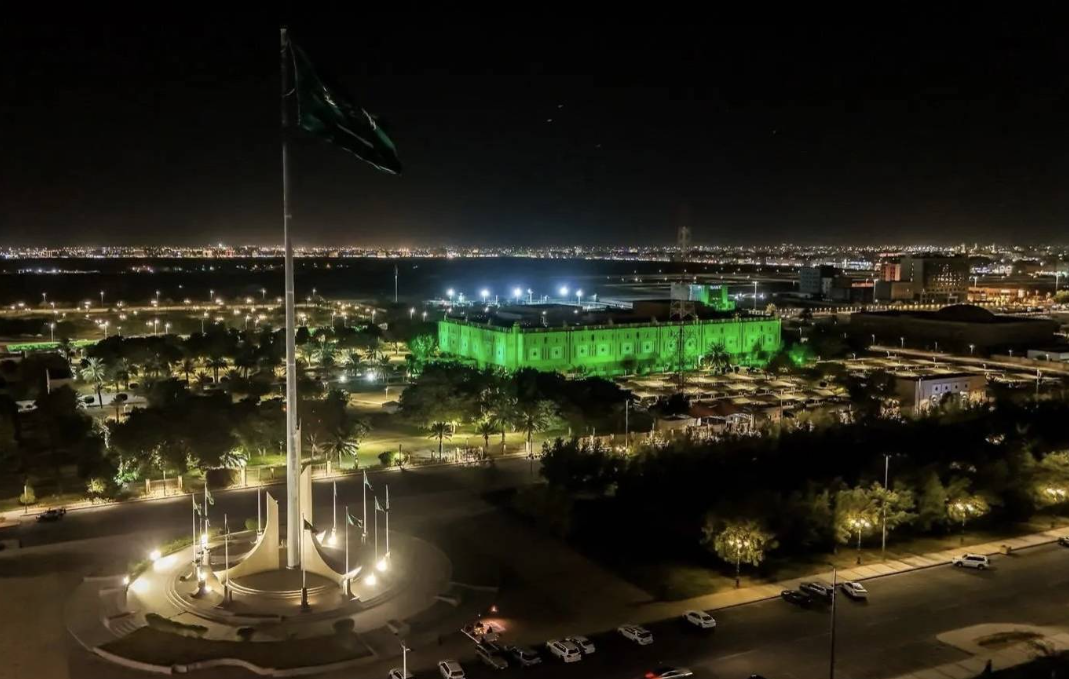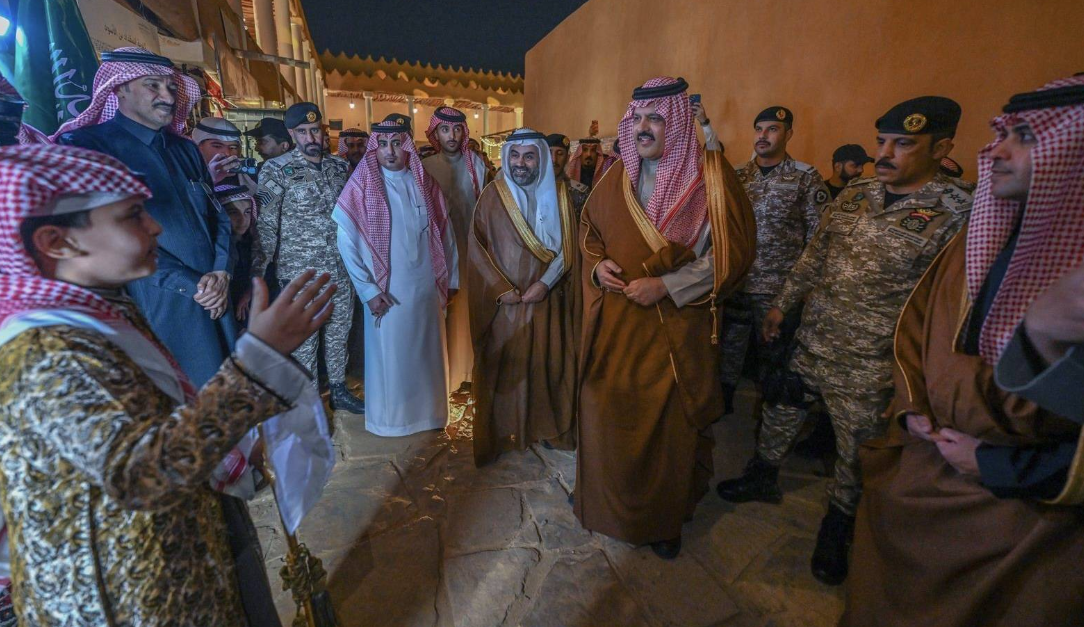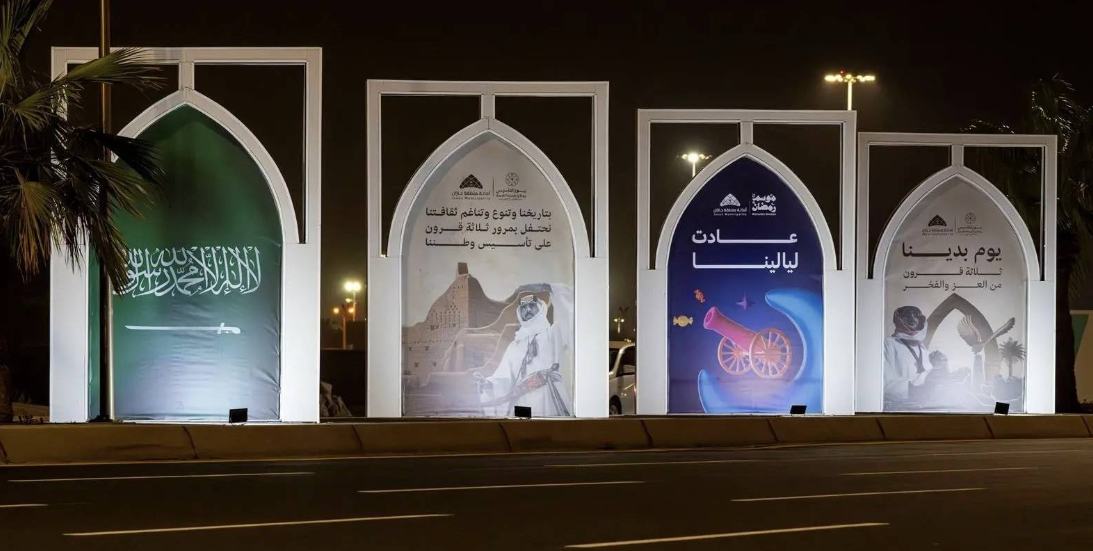A great part of the economic quagmire drowning Lebanon can be traced back to the spillover of smuggled goods across border with Syria. Data showed that nearly $600 million slip past the Lebanese treasury due to trafficking.
Goods brought in illegally, sold at much cheaper prices, have created jaw-dropping profit margins of which the market suffered its fallout. But with Lebanon and Syria sharing a 375 km land border, taking border control to full-throttle may be too difficult to materialize with Lebanon’s current resources.
Curbing this phenomenon is being discussed along with austerity and reform measures needed to salvage Lebanon’s economy from total collapse.
Asharq Al-Awsat toured the border regions and met with locals to discuss the smuggling operations and official efforts to curb them
While transit at border customs gates appears quite normal, residents of mountainous highlands mock official statements, asserting that smuggling between Lebanon and Syria has never stopped, no matter what security measures are enforced.
“Mules know the way, and do not need official documents to cross customs. They are often used to bringing supplies across borders,” a Lebanese local, speaking on condition of anonymity, told Asharq Al-Awsat.
He explained that smuggled goods are loaded on the mules, which are left to wander in the barren terrain separating the two countries. The smugglers monitor the animals, which are either noticed and seized by security forces – marking the failure of the illegal operation – or they successfully wander into the neighboring country and seized by the smugglers.
Mules and small luggage are trifles compared to the ambitions of more powerful professional smugglers.
Convoys of trucks, led by their leader in a vehicle with tinted windows, regularly shuttle goods across legal and illegal border crossings into the Lebanese market. The operations are boosted by the absence of state control over vast parts of the border and the deployment of de facto forces in these regions.
“Business is booming,” a smuggling ring coordinator, who operates from Lebanon’s Hermel, told Asharq Al-Awsat.
Speaking on condition of anonymity, he admitted to making a few thousand dollars daily in brokerage fees for helping smugglers make their journey safely. They are being supported by a network of corrupt security officials and partisan forces that control border regions.
“The model of smuggling that exists today can be traced back to the 70s, 80s and during the period of Syrian tutelage,” a retired military official told Asharq Al-Awsat.
At the Masnaa border crossing, goods are smuggled after pro-Syrian regime intelligence officers are bribed. The bribes are often paid in Syrian pounds.
He added that smuggling from Lebanon into Syria is not illegal, as much as it is harmful to the economy. He also spoke of the smuggling of oil derivatives from Lebanon to its neighbor given a sharp shortage crippling Syria.
A farmer in the town of Ferzol in the Bekaa told Asharq Al-Awsat that smuggled goods from Syria, such as fruits, vegetables, poultry, meat and cigarettes, are severely harming competition in Lebanon as they are often sold at much lower prices than local produce.
As for government efforts to rein in smugglers, Lebanon’s Supreme Defense Council decided in April to tighten border control, whether by closing illegal portals or cracking down on culprits by customs center staffers.
Many security experts have, however, deemed shuttering borders implausible given geopolitical realities and the ongoing war in neighboring Syria.




